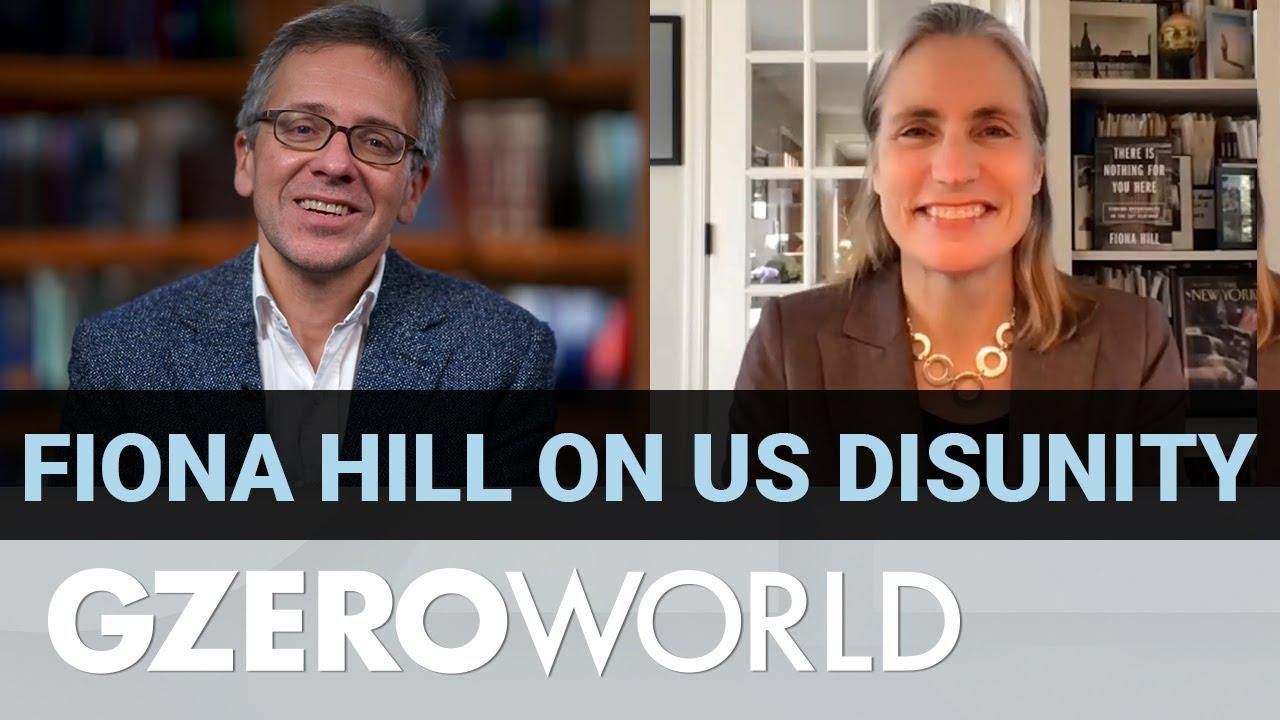GZERO World Clips
Standing up for democracy and the truth: Former US national security official Fiona Hill

Standing Up for Democracy and the Truth: Fmr US National Security Official Fiona Hill | GZERO World

January 6 laid bare "the deep divisions, the partisan infighting, the polarization within our society," says Fiona Hill, the former US senior director of the National Security Council. In a GZERO World interview, she spoke with Ian Bremmer about her concerns about the state of democracy in the United States.
Hill famously testified against her impeached boss, Donald Trump, who stayed in power after being acquitted by the Senate of abuse of power and obstructing Congress. She also notes that divisions actually make America look weaker on the global stage — particularly to someone like Russia’s president Vladimir Putin.
Watch this episode of GZERO World: American strife: Will US democracy survive? Fiona Hill explains post-Jan 6 stakes
Europe can no longer rely on the US and must step up to defend its own future, Ian Bremmer reports from the Munich Security Conference.
The Supreme Court has struck down President Trump’s use of the national emergency clause to impose sweeping tariffs around the world. In this Quick Take, Ian Bremmer explains why this ruling was predictable and why it’s a major setback for Trump’s trade strategy.
“For India, AI stands for all inclusive,” reads the billboard outside this week’s AI Impact Summit in New Delhi organized by the Indian government, the first major gathering on the subject in the Global South.